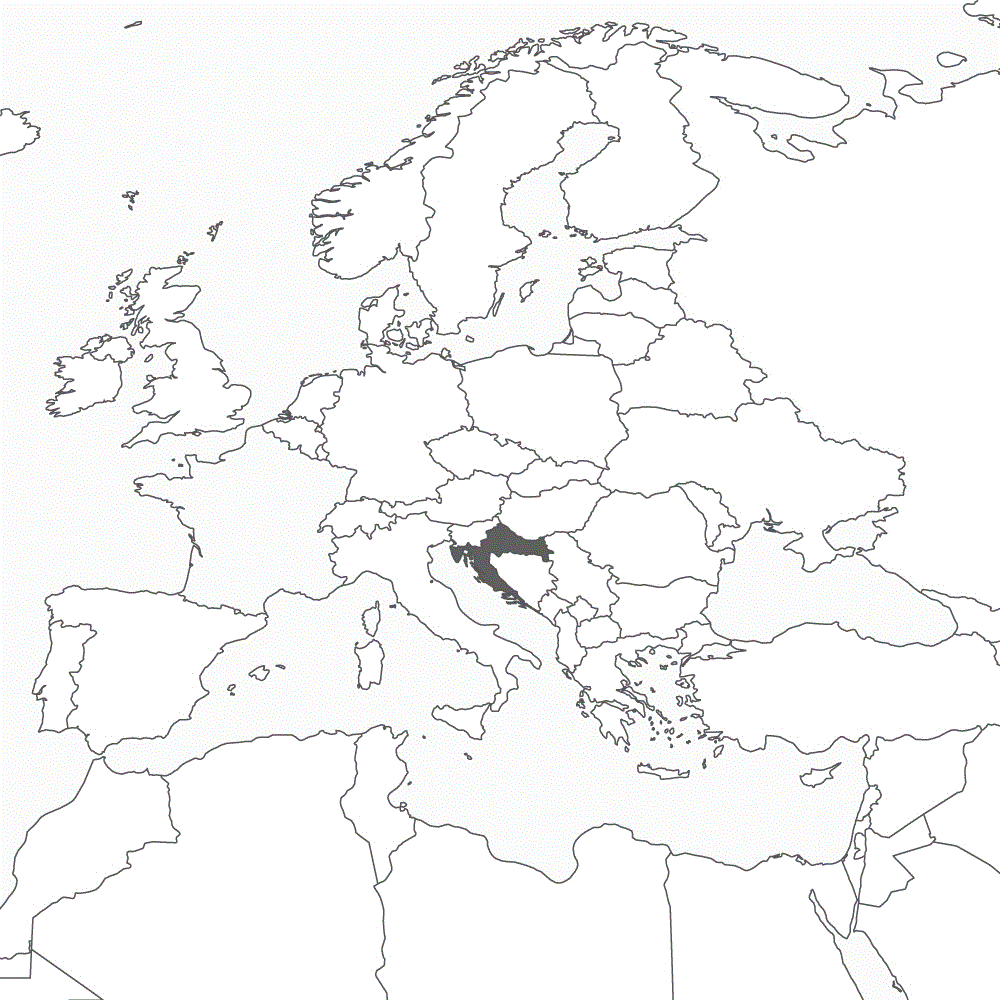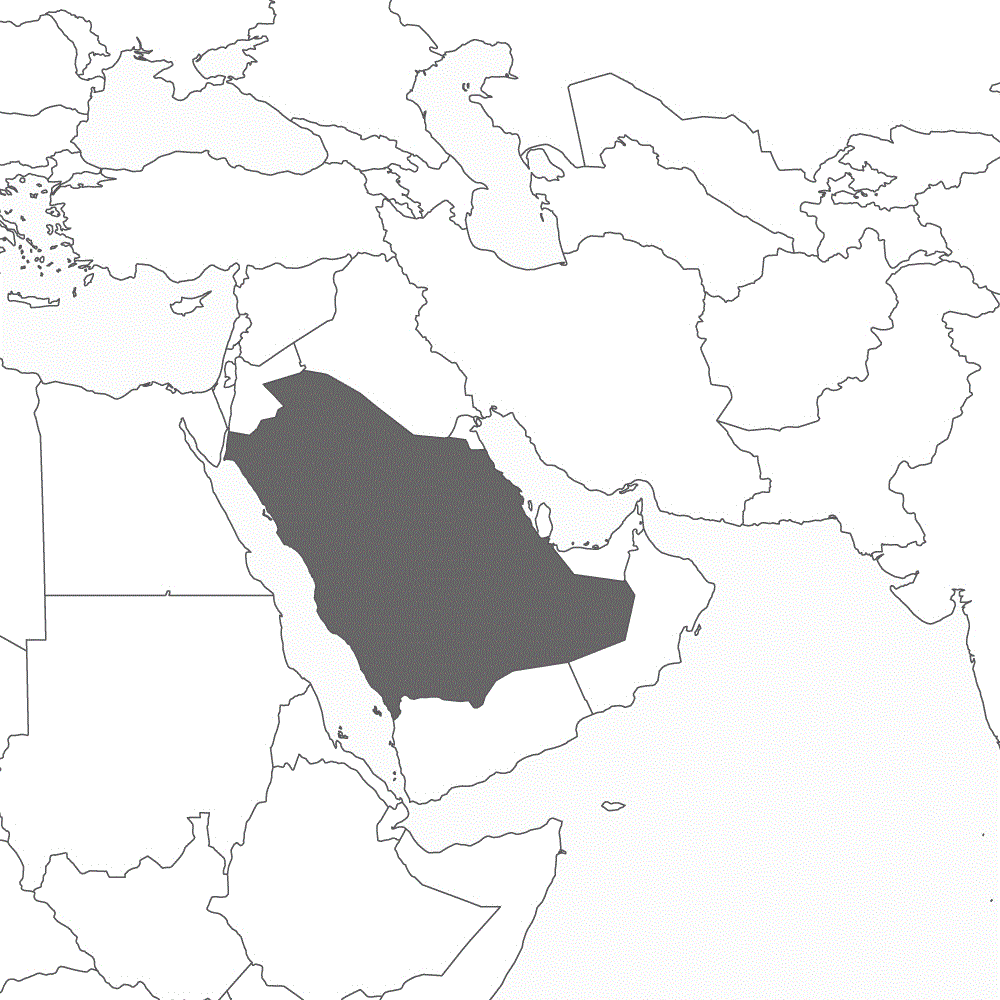No Peaceful Coexistence
Pressure on China with respect to Xinjiang
BERLIN/BEIJING (Own report) - Applying pressure on China is the top priority for the newly elected German EU Commission President Ursula von der Leyen. She announced that, on Sunday - her first day in office - she plans to call Beijing to discuss "human rights." The People's Republic of China is being accused of human rights violations in the context of its "war on terror" against jihadism in Xinjiang province. The German chairman of the Committee on Foreign Affairs, David McAllister (CDU) announced that the EU Parliament also plans to discuss the situation in Xinjiang, in its upcoming plenary session (December 16 - 19). In Berlin, the transatlantic-oriented opposition plans to call for sanctions to be imposed on either Chinese politicians or Chinese high-tech-companies, already affected by US sanctions. Commentators in the USA, as well as in Germany, are equating China with Nazi Germany. According to a former liberal-oriented German daily, "there can be no long-term peaceful coexistence" with the People's Republic of China. Read more
ZAGREB/BERLIN (Own report) - Serious accusations are being made concerning racist attacks, official commemorations honoring Nazi collaborators and excessive police brutality against refugees are accompanying Croatia's preparations for taking over the Presidency of the EU Council on January 1, 2020. Chancellor Angela Merkel visited Zagreb, yesterday, for consultations with Prime Minister Andrej Plenković about the duties he must assume in the context of Croatia's council presidency. The Croat government will also seek to ward off refugees more efficiently. For years, Croatia's border police have been using brute force to deport large numbers of refugees to Bosnia Herzegovina, in violation of international law. In addition, the Council of Europe has certified that the country is experiencing an increase in racism and glorification of the fascist Ustaša regime. One of the popular commemoration ceremonies honoring Croat Nazi collaborators is celebrated under the "patronage" of Croatia's parliament in Zagreb. Read more
BERLIN/WASHINGTON (Own report) - Alongside the militarization of the Baltic Sea region, NATO is beginning to reestablish military structures around the English Channel and the North Sea. At the annual meeting within the framework of the NATO Channel Committee (CHANCOM) recently held in Hamburg, the five riparian states signed a declaration on the further enhancement of their naval cooperation. According to the German Navy, which participated at the meeting, the establishment of a regional NATO command for the North Sea region, analogous to the war alliance's Baltic Maritime Component Command (BMCC) in Rostock, was also in discussion. The maritime route from the Atlantic through the English Channel to the Baltic Sea, via the North Sea is the main route for US troops coming to Europe. This is why the region has regained strategic importance, since NATO has intensified its confrontation against Russia. Civilian ports along the transatlantic route are also to be integrated, including Hamburg and Bremerhaven. Read more
BERLIN (Own report) - With today's Africa Conference in Berlin, the German government is seeking to induce German companies to make investments on the African continent. The conference is taking place within the framework of the "Compact with Africa" project, launched more than two years ago during the G20 Summit in Hamburg. Hailed as a breakthrough for Africa's economic development at the time, the heralded expansion of investments has, so far, fallen short of expectations, according to experts. Berlin's efforts must be seen in the context of the growing global competition for a share in the African market that is no longer limited to China. Whereas the People's Republic of China is already Africa's leading trading partner and is catching up on investments, India has also been expanding its activities on the continent and has surpassed Germany. Meanwhile, Russia has also succeeded in reinforcing its influence in Africa. Like the other western powers, Germany is steadily losing ground. Read more
LA PAZ/BERLIN (Own report) - The German government and one of the opposition's leading politicians have approved the coup in Bolivia. Elected President Evo Morales' resignation, imposed by the military leadership is an "important step toward a peaceful solution," claims a speaker of the German government. According to the foreign policy spokesman of the Greens parliamentary group in the Bundestag, the military has "taken the right decision." To avoid bloodshed, Morales resigned following a police mutiny and an ultimate threat of the chief of the armed forces. Mainly the white, wealthy circles from the Bolivian lowlands, whose politicians are occasionally cooperating with German party-affiliated foundations are the driving forces behind the coup. One of these politicians is in consideration for becoming the interim president. Particularly the indigenous people, who, to a large extent had been lifted out of abject poverty though Morales' measures, are the ones suffering the brunt of the coup. A German company had also been involved in recent developments that had weakened the President's standing. Read more
BERLIN (Own report) - Leading German politicians are calling for a more aggressive German and EU foreign and military policy, in the run-up to tomorrow's Bundeswehr public oath-taking ceremony. "Europe must learn the language of power," says Ursula von der Leyen, the designated EU Commission President, and is demanding to "build our own muscles" militarily. German Foreign Minster Heiko Maas proposes the creation of a 'European Security Council" with the inclusion of Great Britain, because the targeted "Army of the Europeans" cannot forego its armed forces. Berlin has simultaneously approved billions in arms projects. The Bundestag's budget committee, for example, has approved more than half a billion euros, to also benefit NATO's "Spearhead," while the defense committee has approved the procurement of 80 Leopard 2A7V battle tanks worth around €1 billion. To increase acceptance of the Bundeswehr's foreign missions, the chancellor is calling for support of tomorrow's public oath-taking ceremonies. Read more
SHANGHAI/BERLIN/PARIS (Own report) - Franco-German disagreements are accompanying French President Emmanuel Macron's current trip to China, where he is assuming the role of a leading EU representative. He is promoting a speedy conclusion of an economic treaty between the Union and the People's Republic. He is accompanied by the Union's designated Trade Commissioner, Phil Hogan and Germany's Minister of Education and Research Anja Karliczek. This is his way of seeking to lay the groundwork for a unified EU policy regarding China - contrary to Germany's pursuit of its national interests in its relationship to Beijing. Germany usually seeks a common approach toward the People's Republic of China, when other EU countries, such as Greece or Italy, begin to closely cooperate with China within the framework of the "New Silk Road" project. Macron is making an effort to set both confrontational and cooperative EU policies toward Beijing, and thereby position the Union on an equal footing between the USA and China. Read more
BERLIN/RIYADH (Own report) - The Deutsche Bank is supporting the imminent IPO (initial public offering) of the world's largest oil company Saudi Aramco thus helping to consolidate power in the hands of Saudi Crown Prince Mohammed bin Salman. On Sunday, the competent Saudi authorities gave the green light for the IPO, which will be executed in the first half of December and will flush double-digit billions into the Public Investment Fund (PIF), Saudi Arabia's sovereign wealth fund. The PIF will play a central role in financing strategic domestic investments and buying strategic shares in foreign companies and will de facto be controlled by the Crown Prince personally. Experts agree that bin Salman is directly responsible for the murder of the Saudi dissident Jamal Khashoggi in Riyadh's consulate in Istanbul. Already years ago, the Deutsche Bank had financed deliveries of arms to Saudi Arabia, which were used in the war on Yemen. Along with other German companies, the bank participated in last week's investor conference in Riyadh. Read more
GERMAN-FOREIGN-POLICY.com
Information on German Foreign Policy: News + Interviews + Analyses + Background
![[Translate to english:] [Translate to english:]](/fileadmin/introduction/images/maps/8_zentralasien/40_china.gif)

